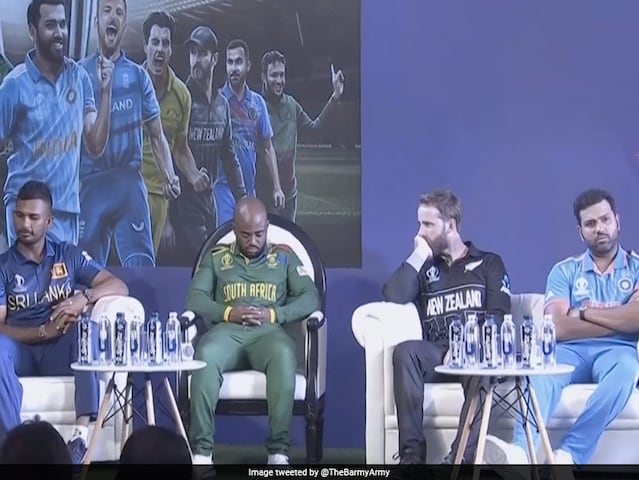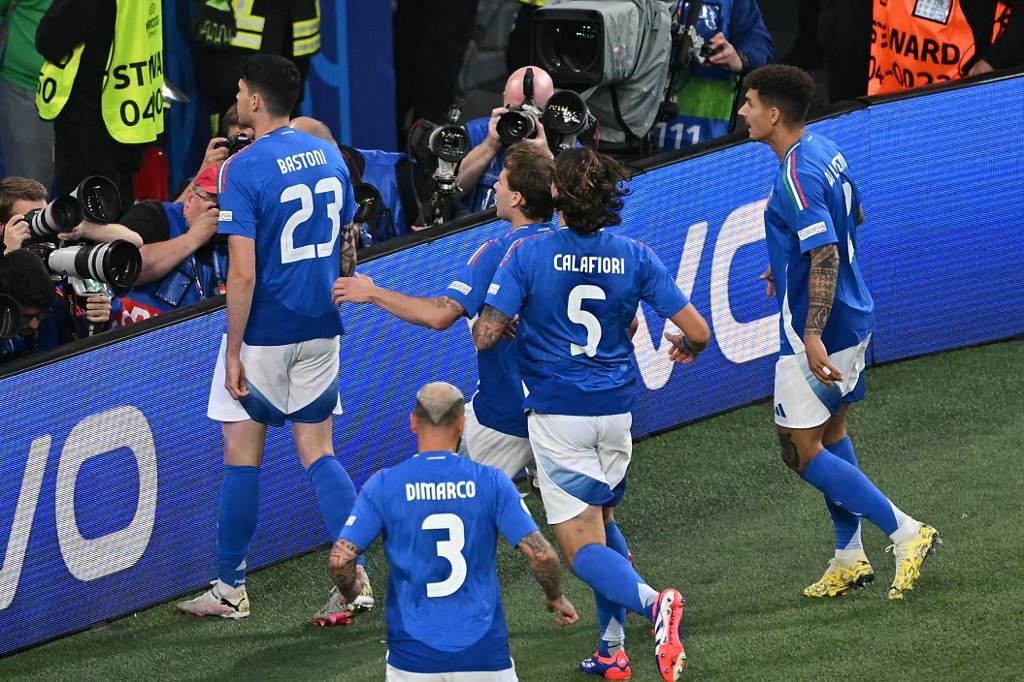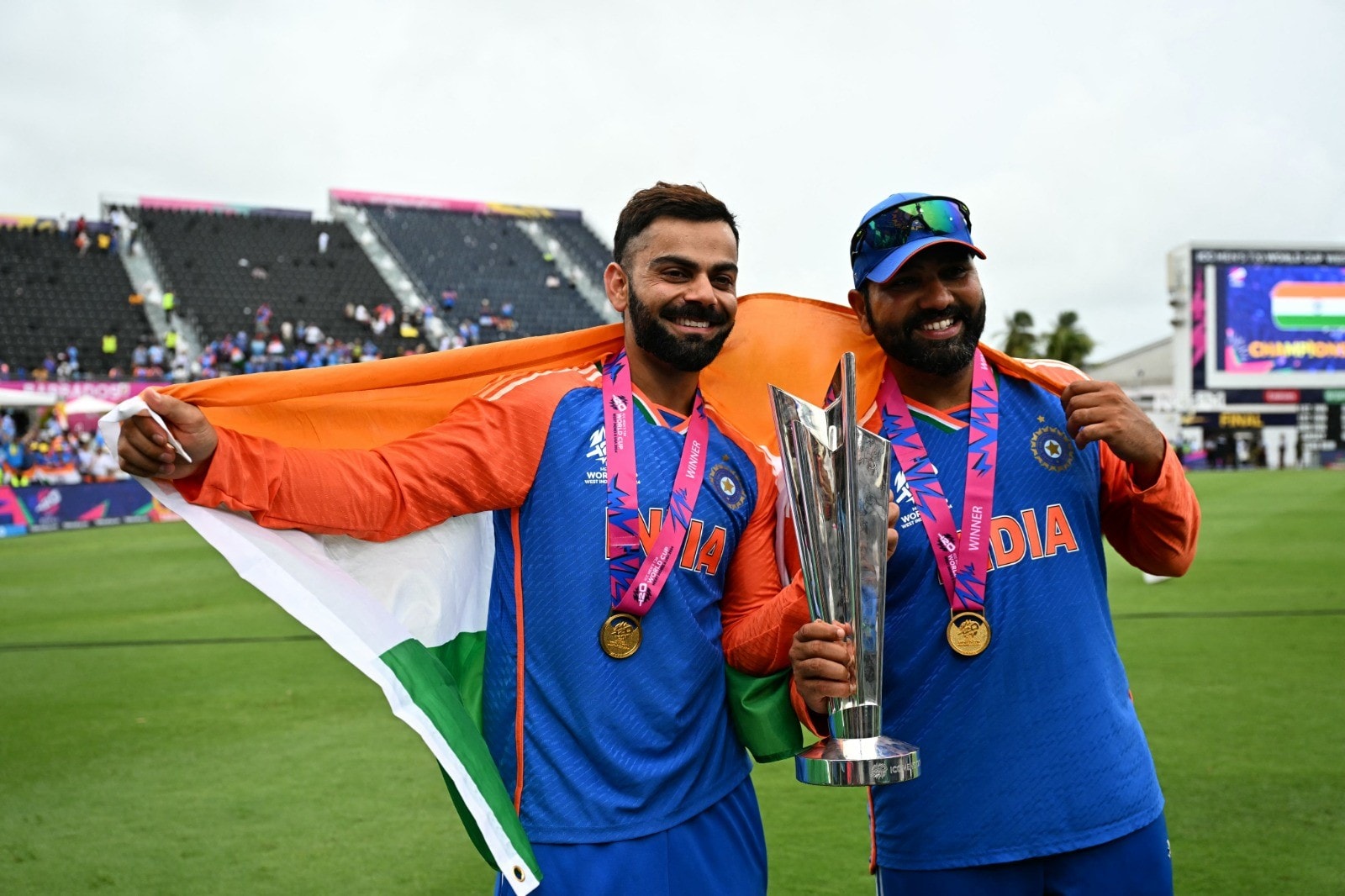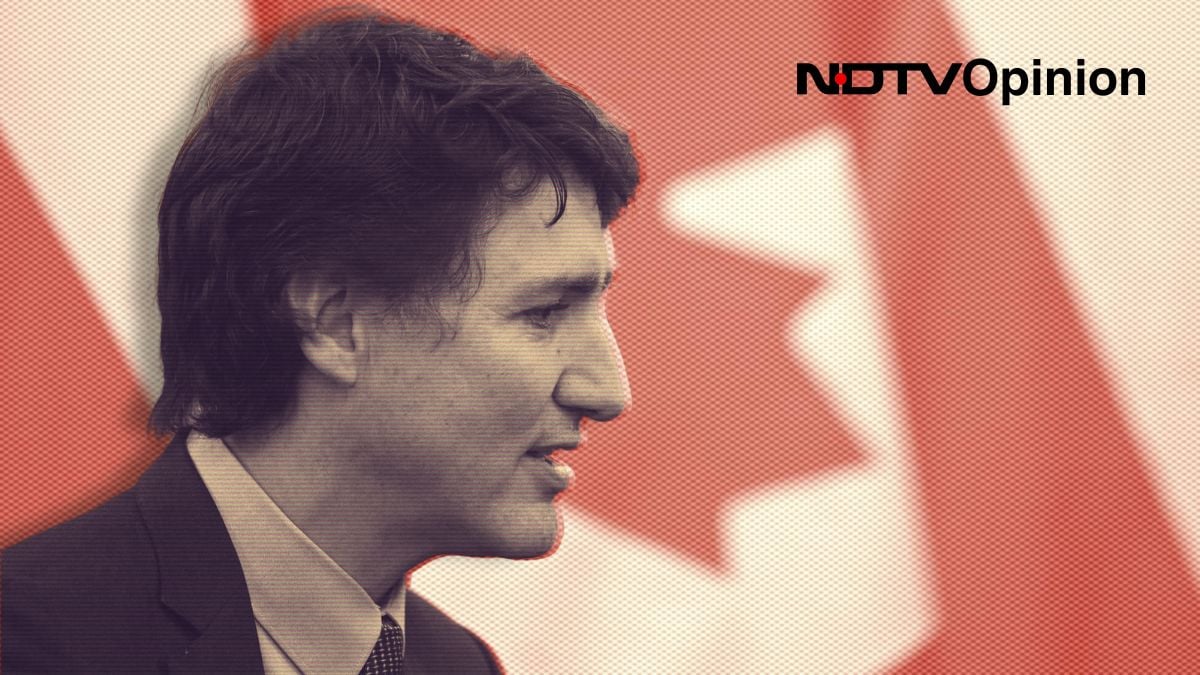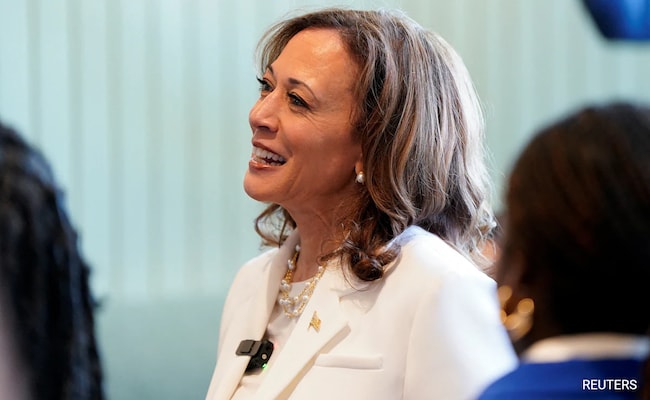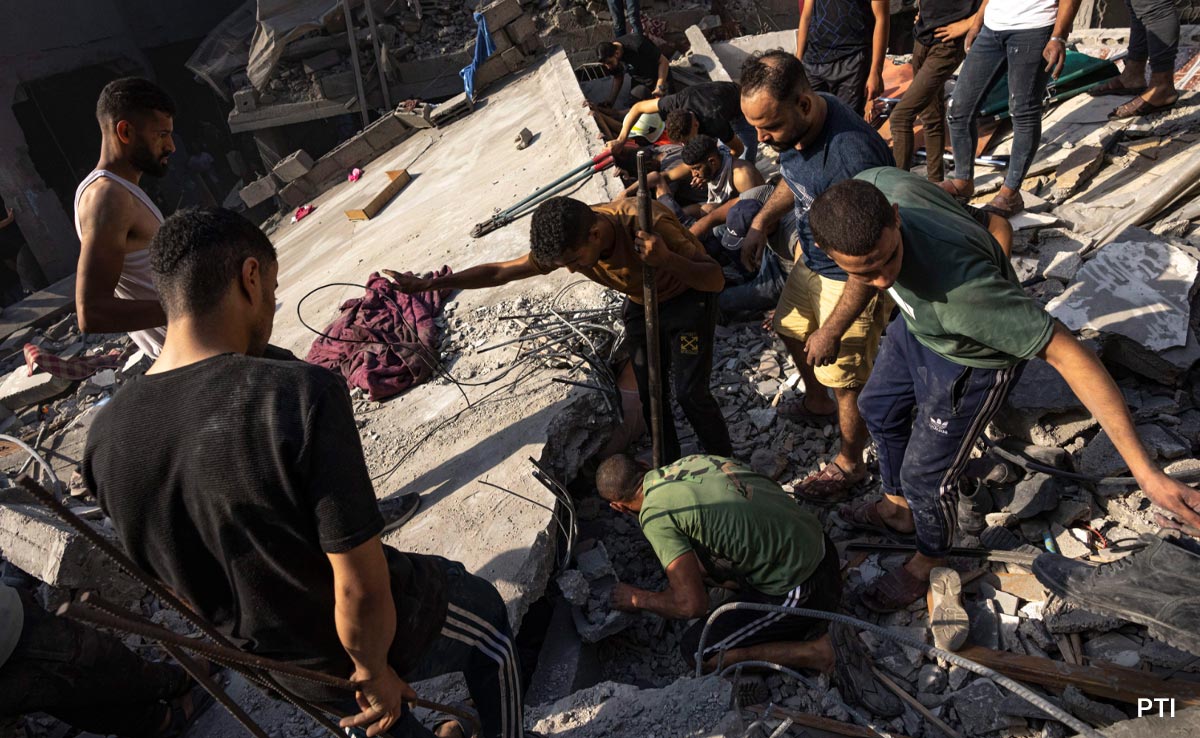“We’re not so different, you and I. We’ve both spent our lives looking for the weakness in one another’s systems. Don’t you think it’s time to recognize there is as little worth on your side as there is on mine?”
Those who’ve been rooting for Gary Oldman playing Jackson Lamb, the instantly unlikeable boss of the good-for-nothings of MI5, the British intelligence agency, in Apple’s Slow Horses, may not even remember this line the actor delivered playing another spy boss in another spy thriller: as George Smiley in Tinker Tailor Soldier Spy, a 2011 film based on John la Carre’s book.
Addressed to Smiley’s Russian counterpart, Karla, this line, emblematic of the film’s politics, was celebrated and decried in equal measure for creating an equivalence between the US and the USSR during the Cold War. Going by the recent media stories and diplomatic activity, George Smiley could have very well said it about India and Canada today.
Blow Hot, Blow Cold
New Delhi and Ottawa have expelled each other’s top diplomats, following the Canadian Prime Minister’s latest accusation of the Indian establishment being directly involved in the assassination of a Sikh separatist on Canadian soil. India, on the other hand, has not only denied it but also mounted a counterattack on Canada for nurturing anti-India groups within its territory.
Fall is not fair weather for India-Canada relations. Exactly one year ago, the two countries were engaged in similar diplomatic acrimony over the same assassination. Khalistan, after nuclear proliferation, has been their proverbial bee in the bonnet for several decades. With the exception of the lull during the turn of the millennium, the issue has stayed alive and volatile. It is not going anywhere in a hurry.
Canada’s soft approach towards anti-India outfits was once attributed solely to its domestic politics: the country is home to the largest Sikh diaspora, with around 7,70,000 of them living there. The current strain in the relationship, however, may not just be about Canada’s vote bank politics or India’s internal affairs involving resistance from a sect of Sikhs. There is, quite clearly, an emergence of bilateral antagonism now. Are the rapprochement personnel doing their job well? Or, more provocatively, are the spies doing theirs?
Flashbacks From 1975
Realistically speaking, assassinations on foreign soil are not a no-go zone, even with declared enemies, if the assassins are smart. The morality and legality of such actions is another story. What, then, has compelled Canada, a limited ally, to make public its investigations in the Nijjar assassination case and hold India responsible? Has there been a slight or a breach of trust, intended or otherwise, behind the scenes that a public show is to be put up? Are there bad-faith actors at work on either side, or is it sheer incompetence? It could be either or both, but as venerable Canadian writer Margaret Atwood reminds us, “Stupidity is the same as evil if you judge by the results”. Therefore, it’s the breakdown of bilateral ties that matters, much more than the nitty-gritty of what caused it.
This escalation of diplomatic tensions between India and Canada is beginning to loosely resemble another controversial diplomatic event that occurred half a century ago: the breakdown of the then newly forged Australia-North Korea relations. On October 30, 1975, Pyongyang recalled its diplomats from Canberra, citing the host country’s ‘unfriendly attitude’ and ‘intolerable provocative acts’ in a communication sent via commercial mail. Less than ten days later, Australian diplomats were ousted from Pyongyang on November 8 on account of ‘unfriendly behaviour’ and ‘abuse of diplomatic immunity’.
The actors and the times are different, but the problem is the same. This inability to smoothen out the rough edges time and again reflects poorly on the political and diplomatic leaders of India and Canada. What are long bilateral ties worth if they cannot withstand such events? Both Ottawa and New Delhi have engaged in the game of provocation and reconciliation. The classic blow-hot, blow-cold approach. To what end, though?
A Lesson From Bridge Of Spies
Coming back to George Smiley’s wisdom, looking for weaknesses in the other is a zero-sum game. This isn’t the Cold War yet, but as India grows in stature, the chances of this game intensifying will increase correspondingly. India and Canada are not directly engaged in any military-territorial jostling, so these flare-ups have an even more limited scope. Both are citing long-term national security concerns, and other countries like the UK and the US are trying to broker ‘peace’ by urging India to cooperate in the investigation.
Diplomacy is an exercise in sifting fact from fiction but addressing both because both matter, even if unequally. Another popular culture reference to demonstrate it comes from Bridge of Spies, a 2014 film about the famous spy exchange between the US and USSR. James Donovan (Tom Hanks), a lawyer representing a Russian spy called Rudolf Abel (Mark Rylance), tells him, “The case against you matters. Making them prove it matters. The fiction is: whether you did it or not doesn’t matter. The state has to prove it, that you’re a spy”.
Before anyone condescends about taking lessons from fiction, remember, apart from John la Carre, celebrated writers like Ian Fleming and Graham Greene once served in MI6.
(Nishtha Gautam is a Delhi-based author and academic.)
Disclaimer: These are the personal opinions of the author
Waiting for response to load…

